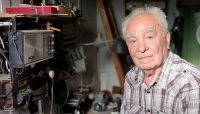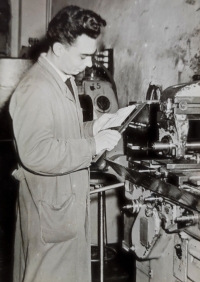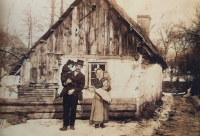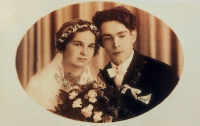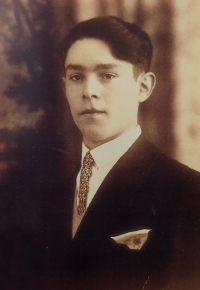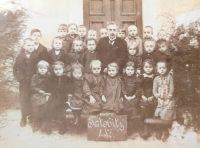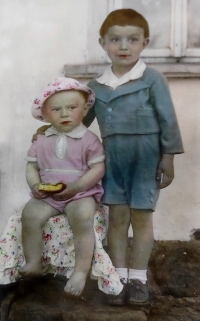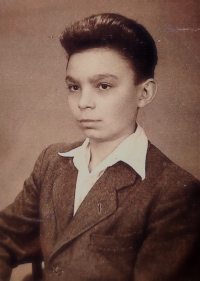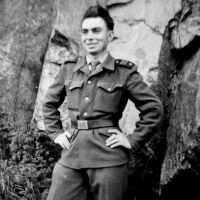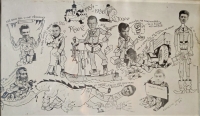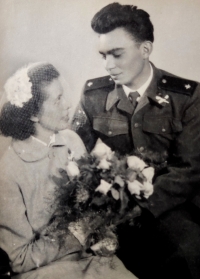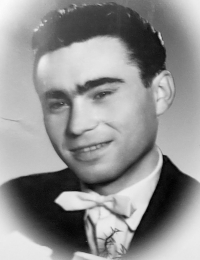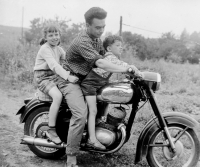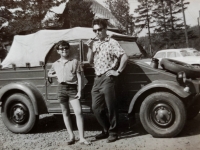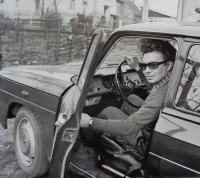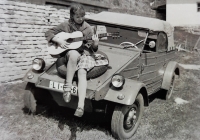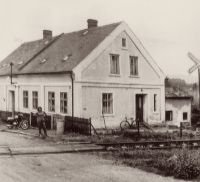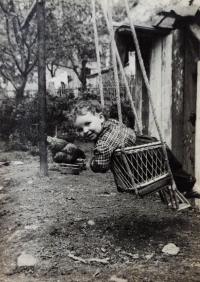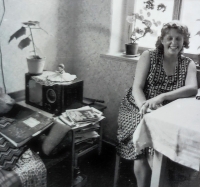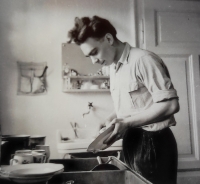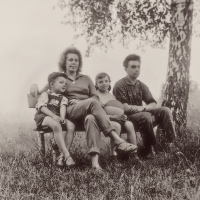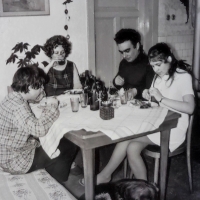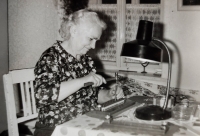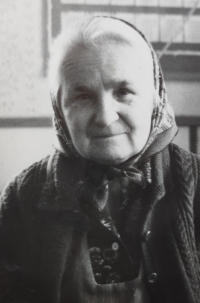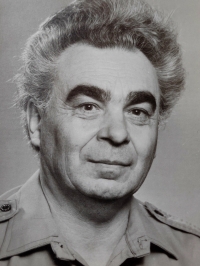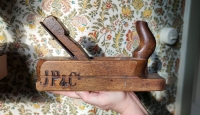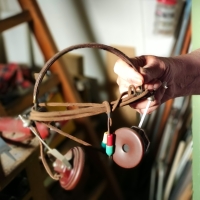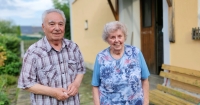In three months, my brother and I had to develop a faster knitting machine
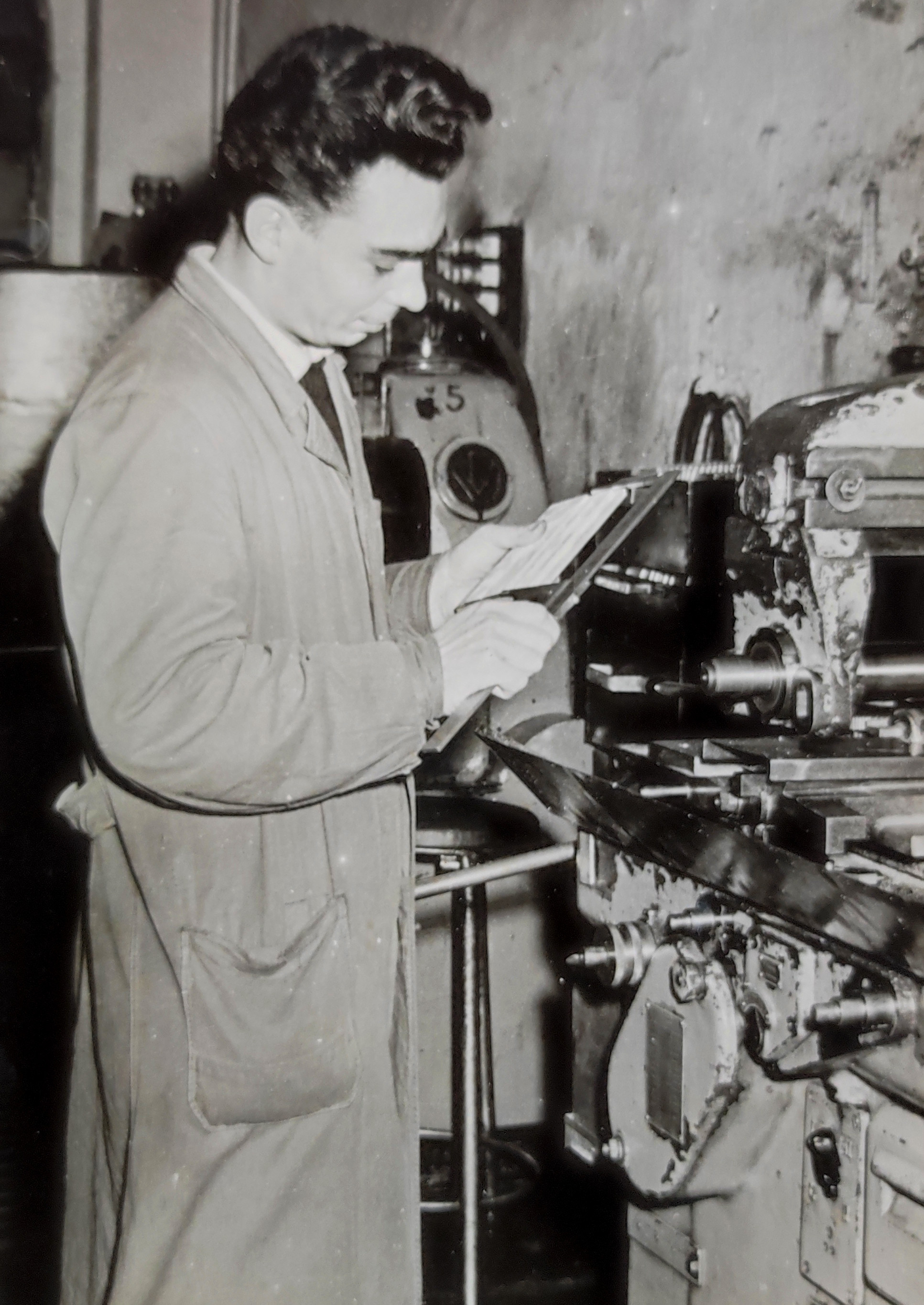
Stáhnout obrázek
He was born on 6 April 1934 in Semily as the first son of František and Božena Stehlík. He grew up with his parents and younger brother Jaroslav in Nouzov u Semil, where his father worked in a joinery. In February 1945, his father died, and after the war, he, his mother and brother moved to Frýdlant in Bohemia, where Czechs came to replace the displaced German inhabitants. After training as a fine mechanic of office machines, he joined the United Municipal Enterprise in Frýdlant. From 1954 to 1956 he served basic military service. In 1955 he married Hana Bernardová, with whom he raised his daughter Irena and son Jiří. After the reorganization of the municipal enterprise and the establishment of the Metal Works in Frýdlant, he made improvement proposals. In 1967, together with his brother Jaroslav, he developed the Dopleta double knitting machine, which became a phenomenon because it enabled quick home knitting in times of clothing shortages in shops. He worked at Kovozávody, which became part of Elitex Chrastava in 1978, until his retirement. In September 2023 he lived with his wife Hana in the family house in Frýdlant. We were able to record his story thanks to the support of the town of Frýdlant.
